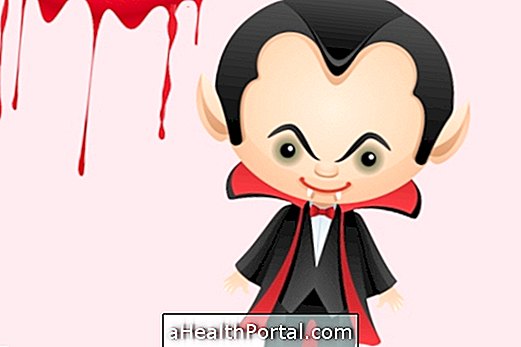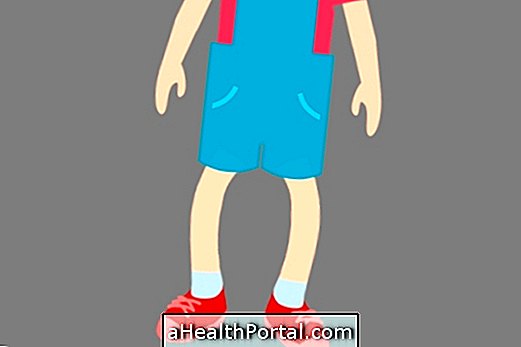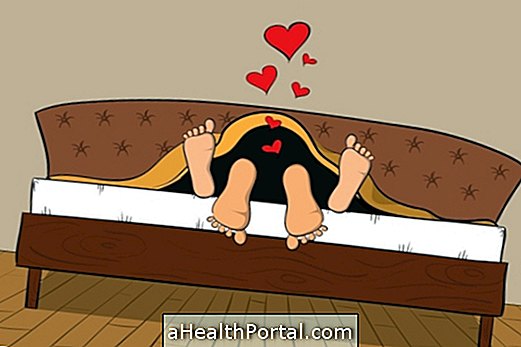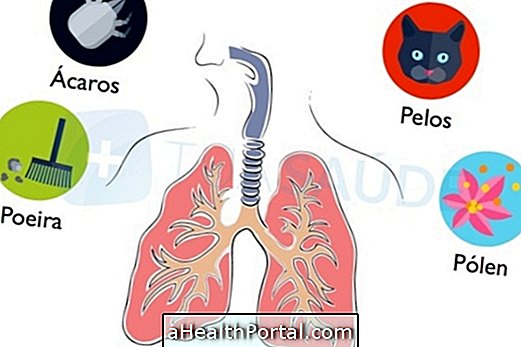Some children are less affectionate and have difficulty giving and receiving affection, seeming to be a bit cold, as they develop a psychological defense, which can be caused by traumatic or difficult situations, such as being abandoned by parents or suffering from domestic violence, for example.
This psychological defense is a disorder called Reactive Attachment Disorder, which often arises in the wake of child abuse or abuse and is more common in children living in orphanages due to their poor emotional relationship with their biological parents.
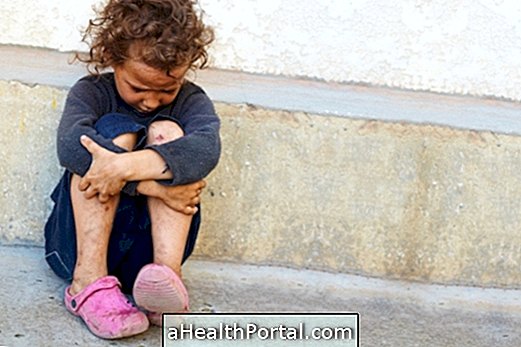
What is Reactive Attachment Disorder
Reactive Attachment Disorder especially affects infants and children, disrupting the way they bond and bonding, and children who are afflicted with it are cold, shy, anxious, and emotionally detached.
A child with reactive attachment disorder can not be fully cured, but with the right follow-up it can develop normally, establishing relationships of trust throughout their life.
Causes of Reactive Attachment Disorder
This disorder usually arises in childhood and can have several causes that include:
- Child abuse or abuse;
- Abandonment or loss of parents;
- Violent or hostile behavior by parents or caregivers.
This disorder arises especially when children below the age of 5 suffer some separation from the family, or if they are victims of abuse, abuse or neglect during childhood.
Main Symptoms and How to Identify
Some of the symptoms that may indicate the presence of this syndrome in children, adolescents or adults include:
- Feeling of rejection and abandonment;
- Affective poverty, showing difficulty in showing affection;
- Lack of empathy;
- Insecurity and isolation;
- Shyness and withdrawal;
- Aggressiveness towards others and the world;
- Anxiety and tension.
When this disorder arises in the baby, it is common to drink to cry, to have bad mood, to avoid the affections of the parents, to like being alone or to avoid the eye contact. One of the first warning signs for parents is when the child does not differentiate between the mother or father and strangers, and there is no special affinity as expected.

How is the treatment?
Reactive Attachment Disorder needs to be treated by a trained or qualified professional, such as a psychiatrist or psychologist, who will help the child to bond with family and society.
In addition, it is very important that the parents or guardians of the child also receive training, counseling or therapy so that they can learn to deal with the child and the situation.
In children living in orphanages, the follow-up of social workers can also aid in the understanding of this disorder and strategies so that it can be overcome, making the child capable of giving and receiving affection.



